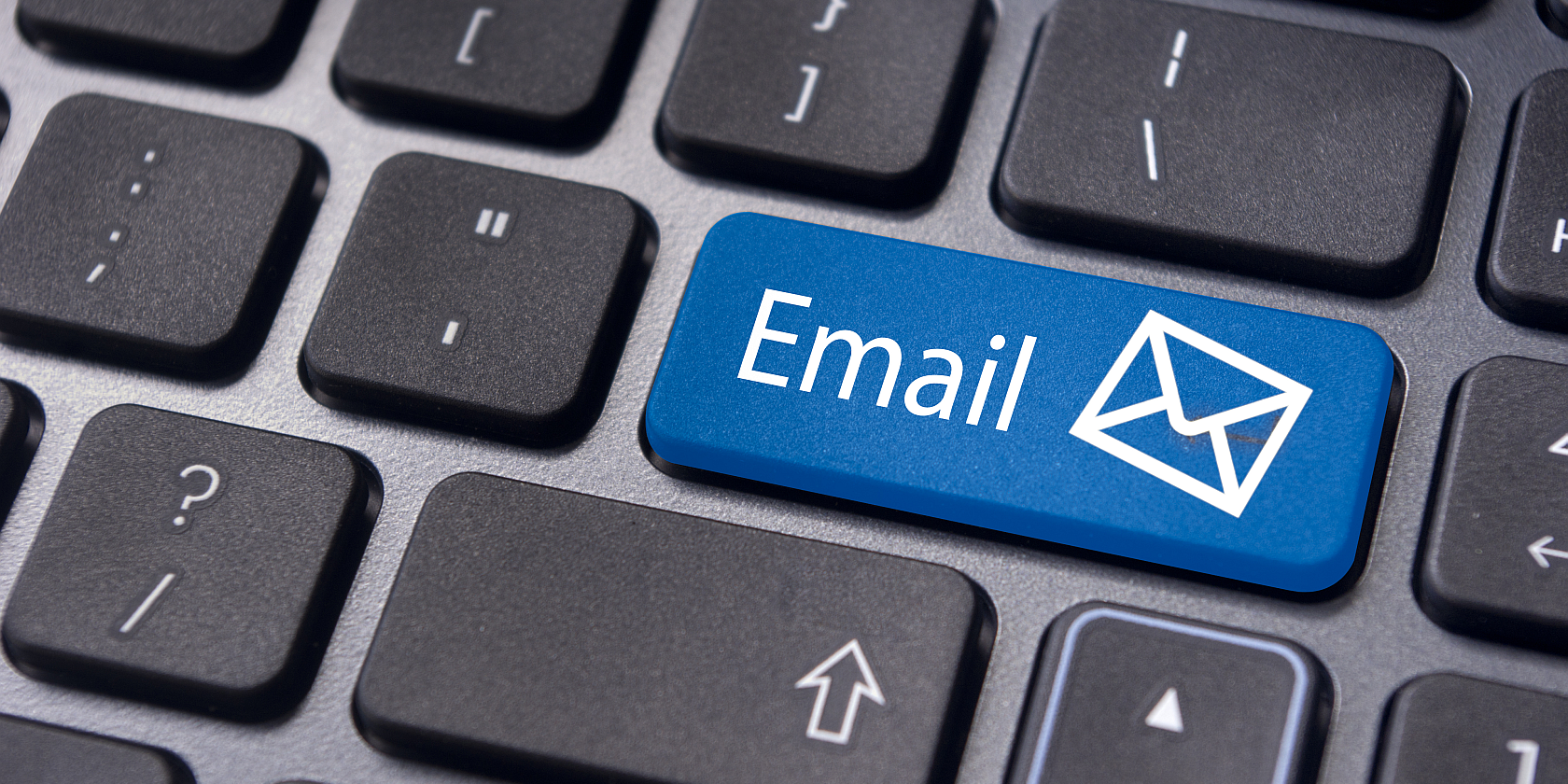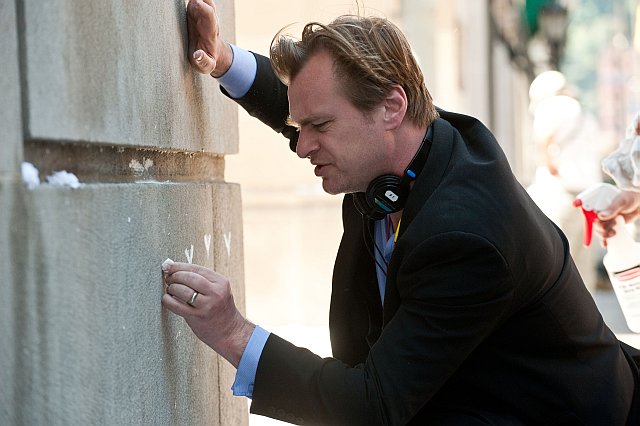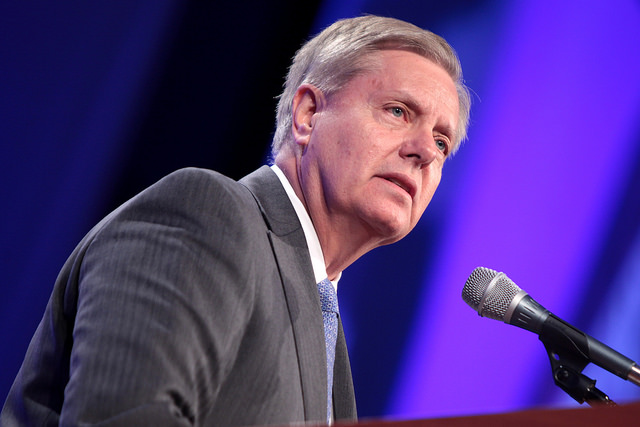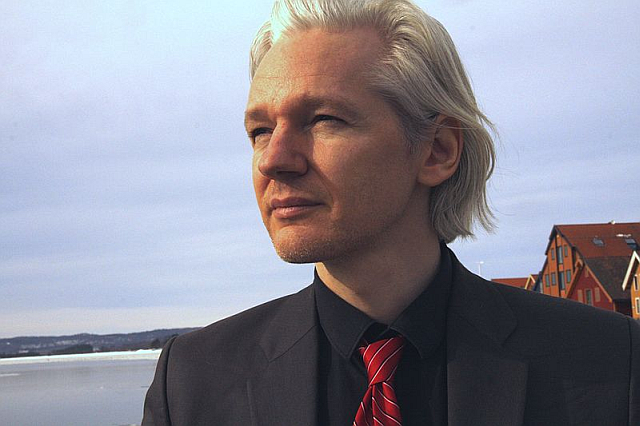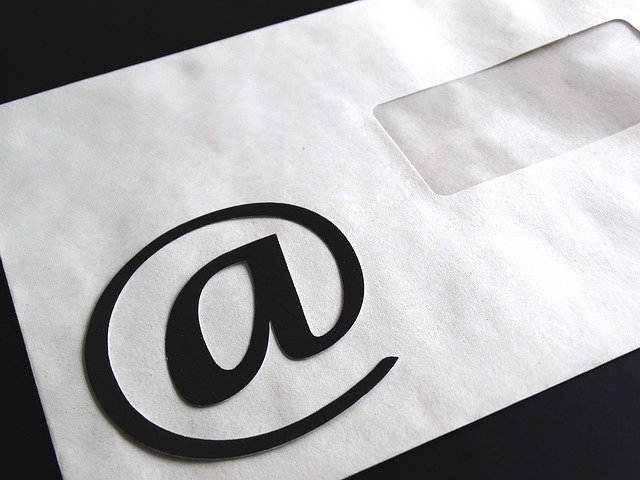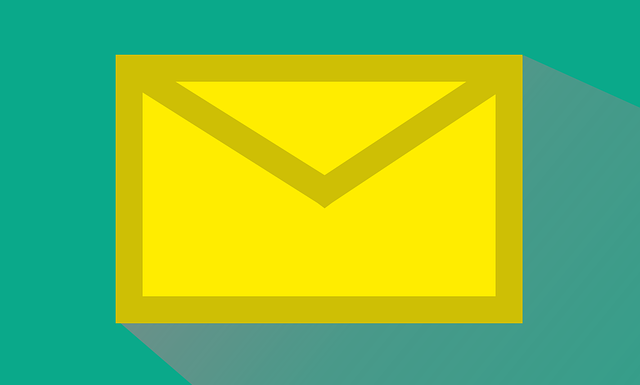It's difficult to imagine a life without email, but some people are choosing to stop using it altogether. People like film director Christopher Nolan and billionaire John Paul Dejoria don't use email at all, and couldn't be happier about that.
While you can employ strategies to avoid email overload, at some point or the other, you will probably face an intimidating number of messages in your inbox. And with new communication systems like social networks, instant messengers, and team-oriented chatrooms, there is a case to be made to dump email once and for all.
As with many things in life, listening to successful people who have already accomplished this can offer some insight into whether it will be good for you or not.
Christopher Nolan
The renowned filmmaker behind the Batman trilogy and Inception does not use email for a simple reason.
"I've never used email because I don't find it would help me with anything I'm doing. I just couldn't be bothered about it," Nolan told The Hollywood Reporter.
Nolan also went on to say that he doesn't use mobile phones, as they are a distraction. It's true: you might be addicted to your smartphone. Nolan raises a good point when he says that having a phone is a temptation to stop thinking and start consuming. By freeing himself of that, free time is spent thinking.
And in case he ever needs to make a call, he says, there is always someone around with a phone.
Lindsey Graham
Lindsey Graham went viral recently for the oddest of reasons. Nope, not his announcement to run for U.S. President. On popular political talk show Meet The Press, Graham had this to say:
"I don't email, no. You can have every email I've ever sent. I've never sent one."
Graham's reasons are simple: he weighs his words. He is wary of the fact that email is a communication technology where you can instantly respond with words you don't want on record. Instead, he responds to every email by calling the person.
"I've tried not to have a system where I can just say the first dumb thing that comes to my mind. I've always been concerned," he told Bloomberg. "I can get texts, and I call you back, if I want. I get a text, and I respond not by sending you a text, but calling you if I think what you asked is worthy enough for me calling you. I'm not being arrogant, but I'm trying to jealously guard myself in terms of being able to think through problems and not engage in chat all day. I've had a chance to kind of carve out some time for myself not responding to every 15-second crisis."
It's a sound strategy, of course. Former Presidential nominee John McCain also does not use email for fear of saying something he shouldn't have. Even 140 characters can be a PR disaster, so it makes sense to guard what you are putting out there attached to your name. While there are tools to avoid email mistakes, Graham is simply adopting a "better safe than sorry" approach.
Republican strategist John Feehery put it best: "Politicians used to be taught 'don't write if you can say it, don't say it if you can nod'. 'Don't email it' is the updated version, and a very smart way to avoid embarrassment and possibly jail."
Julian Assange
Is it a surprise that the man who leaked the world's confidential emails and secrets does not use email himself? Julian Assange, one of the world's most famous white hat hackers and the founder of Wikileaks, told Google Chairman Eric Schmidt that he does not use email.
The reason, as you probably guessed, is security.
"(Email is) too dangerous," Assange said, according to Computer World. "And encrypted email is possibly even worse, because it is such a flag for end point attacks... but we do have encrypting phones. Unfortunately they don't work in all countries, but the SMSs work in all countries."
In a broader sense, Assange is absolutely right. Yes, there are secure and encrypted email providers who guard your messages more zealously than, say, Gmail or Outlook. However, they are still not equipped to guarantee 100% security. In fact, as we have argued already, email simply cannot be protected from government surveillance without stringent laws to that effect.
John Paul Dejoria
If you handle one of the world's largest tequila brands, one of the world's largest hair care and styling companies, and are a renowned philanthropist, you must need email, right? Wrong. John Paul Dejoria prefers an email-free life.
"If I had email, I would be inundated. I choose not to use computers," Dejoria tells Inc. magazine. "I'd rather make a phone call to you or write you a letter, and communicate with you the way you deserve to be communicated with."
His entire approach to email comes down to a simple formula, which we would all do well to implement:
"Pay attention to the vital few, ignore the trivial many."
In the interview above, he explains how he set up a system of delegation whereby he is able to cut out email in a way where his communication is entirely on phones or letters now. It won't be easy to emulate this if you aren't at an executive level, but there are some good points in there.
Is Email Obsolete or Outdated?
Let's face it, for most of us, email isn't going anywhere yet. It still remains an integral part of digital communication, so it is definitely not obsolete. However, it is outdated in certain ways.
For companies and teams, email is no longer the ideal form of communication. IBM has slowly weaned off it, so much so that some of its employees are completely email-free now.
Email also has time-bound restrictions that make it necessary to create a second storage or bulletin board for important messages. Former Wordpress executive Scott Berkun writes in Fast Company, "Email decays over time. If someone writes a great e-mail, an employee has to do something to preserve it. Otherwise it sits in an inbox, hidden from new employees. Over time, that organizational knowledge fades away."
And of course, the most prevalent criticism of email is that it is too impersonal. Bishop Tobin of The Rhode Island Catholic writes, "I avoid email at the office because I'm convinced that it's often used, ironically, to avoid real conversation and dialogue. Emails are sterile, they're distancing, and they're off-putting. Some people write things in emails that they'd never say face-to-face to a family member or co-worker. And emails aren't always as efficient as advocates pretend them to be."
Lessons to Learn from Email Cutters
While cutting email out entirely is an extreme step, there are still some good points raised by these people which you can easily apply in your email-filled life to make it a more fulfilling experience.
- Stop checking email constantly. Make time for yourself.
- Don't respond immediately. While you can't control when you get an email, you do control when you reply to it. Give yourself time to think. The first question to ask is, "If this wasn't an email, would I still reply to it?"
- Pay attention to the vital few, ignore the trivial many
- Where possible, use a more personal form of communication. If you can meet the person or talk to them on the phone, do that.
Do You Want to Ditch Email?
Have you thought about ditching email for good, or actually done it? What are the obstacles in going email-free? Let's talk in the comments!
And we also want to hear from the champions of email, those who consider it vital to their daily life. Why do you prefer email over other forms of communication?
Image credits: mtkang / Shutterstock.com, charlieanders2 / Flickr, Gage Skidmore / Flickr, HebiPics / Pixabay, kropekk_pl / Pixabay

